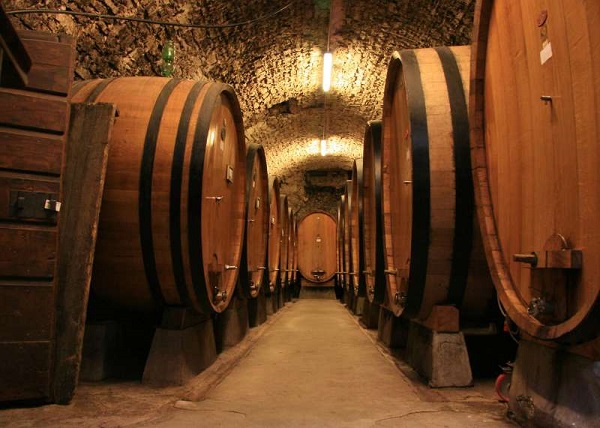FWP:
SETS == MIDPOINTS
ISLAMIC: {10,2}
WINE: {49,1}
This ghazal and the previous one, {97}, are formally identical. Some editions, especially older ones, treat this ghazal as a continuation of {97}; so do some (Nazm; Hasrat; Bekhud Dihlavi) among our commentators. But others (Bekhud Mohani; Baqir; Shadan; Josh; Chishti; Mihr) present them separately. As always, I follow Arshi. But they are certainly a kind of 'double ghazal' [do-ġhazlah], with the same meter and rhyming elements. For discussion of these issues, see {15,1}.
The pivotal phrase 'for the sake of tomorrow' [kal ke liye] occupies what I call, for want of a better description, a 'midpoint' position. It can obviously be read quite specifically, as modifying ḳhissat karnā : 'When it comes to wine, be careful not to stint-for-the-sake-of-tomorrow!'. From this specific sense arise these possible readings:
=Don't stint on wine today because you fear a possible scarcity of wine tomorrow.
=Don't stint on wine in this world because you fear being punished for wine-drinking in the next world.
=Don't stint on wine in this world because you fear that there may be a shortage of wine in the next world.
Alternatively, the phrase can be read as a general adverb applying to the whole rest of the line: 'For the sake of your wellbeing tomorrow, I beg you-- be sure not to stint on wine today!' (That is, being stingy with wine is so reprehensible that you might actually suffer for it, since Hazrat Ali endorses generosity.)
On all of these readings, Hazrat Ali, the 'Saqi of Kausar', is invoked as a patron of wine-drinking, of generously enjoying life in this world and the world to come. For a verse quite overtly in praise of Hazrat Ali, see {141,5}. The whole 'rakish' [rindānah] strand in the ghazal universe, with its glorification of wine and intoxication at the expense of sobriety and prudence, has always been taken mystically by those who disapprove of its theological contrariness.
This verse and the next one, {98,2},
form a nicely juxtaposed set, with each exploiting one meaning of kal .
This verse is about today in relation to a (cosmic) 'tomorrow'. The next verse
is about today in relation to a (cosmic) 'yesterday'.

Hali:
About wine, his witty remarks are very famous. One person in his presence vigorously denounced wine, and said, 'The prayers of wine-drinkers are not granted.' Mirza said, 'My friend, he who has been vouchsafed wine—what else does he need, that he would pray for?'
==Urdu text: Yadgar-e Ghalib, p. 73